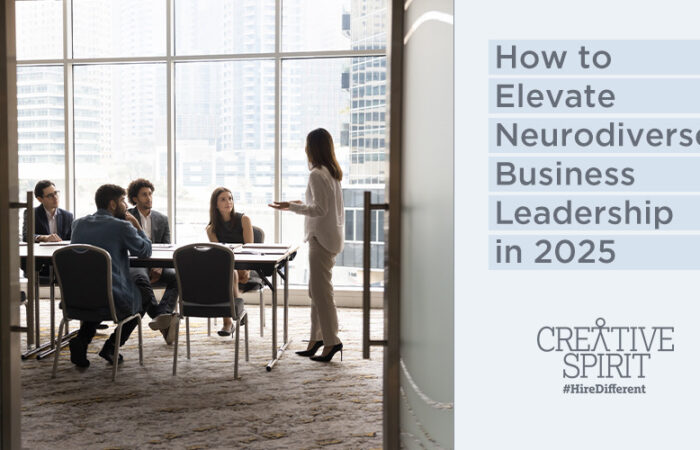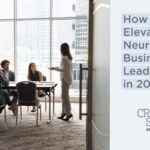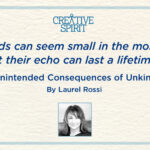Written By: Menachem Rephun, Creative Spirit Communication Manager
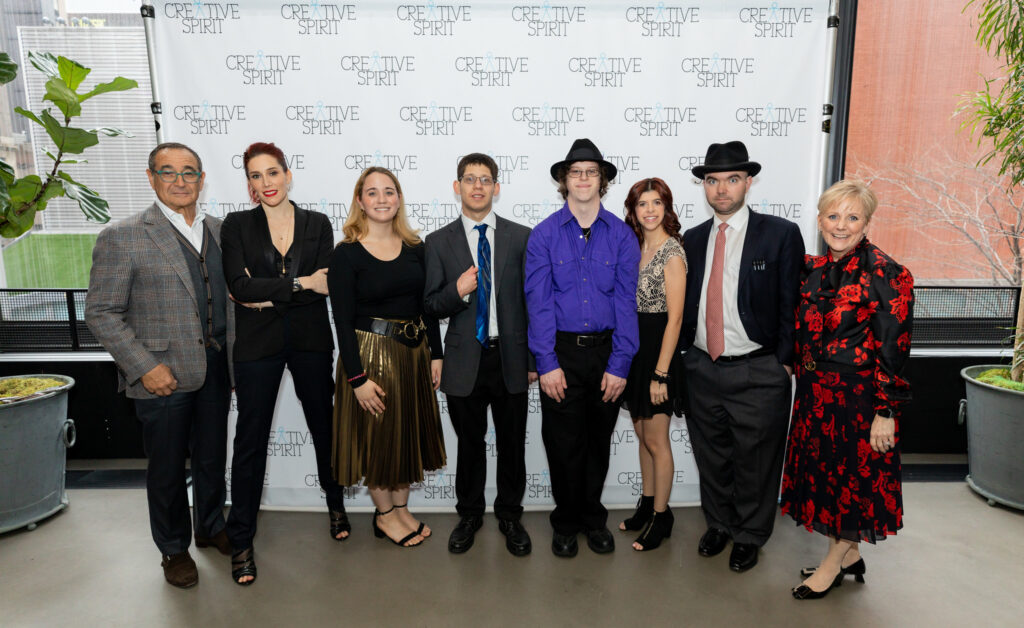
Since the passage of the Americans With Disabilities Act (ADA) in 1990, Disability Pride Month has been held annually in July to commemorate this extremely important legislation. At the same time, the scope and focus of disability pride month goes beyond merely celebrating the ADA. As the ARC.org explains, disability pride month is about honoring the history, achievements, experiences, and struggles of the disabilities community. The disability rights movement has seen its share of triumphs, the crowning moment arguably being the passage of the ADA, that were driven by courageous individuals who were unafraid to challenge societal conventions and stigmas by making their voices heard. Thus, “Disability pride” has been a powerful rallying cry for many decades. But what does it genuinely mean on a practical level, and how can it be implemented by both individuals and businesses to enhance representation and inclusion? In our view, disability pride can and should be more than just an inspirational slogan. Instead, it should reflect a mindset and philosophy that can yield tangible, positive results.
Throughout the history of the disability rights movement, disability pride has represented a call for greater inclusion and accessibility, protection against discrimination, and most importantly, the need for a dramatic shift in society’s attitude towards people with disabilities, recognizing their individuality and basic civil rights. In the words of Disability Community Resource Center (DCRC), “Disability Pride is an integral part of movement building and a direct challenge of systemic ableism and stigmatizing definitions of disability.” DCRC also points out that the disability pride movement is connected with living unapologetically as a person with a disability. As DCRC explains, the goal of the disability pride movement is to “present people with disabilities as people living their lives in plain view proud of their identity as being disabled. Using bold images and strong words, disability pride awareness dates, parades, and festivals both uplift and challenge. Pride comes from celebrating our heritage, disability culture, the unique experiences that we have as people with disabilities, and the contributions that we can give to society.”
Of course, achieving all of the above involves counteracting negative stereotypes and stigmas surrounding disability. People with disabilities, including neurodiverse conditions like autism, ADHD, dyslexia, and other diagnoses, have a huge wealth of innovative thinking, creativity, expertise, and talent to contribute, but as EasterSeals.com points out, they are all too often “framed by society as pitiable or helpless…this view of disabled people can damage their confidence and self- esteem, especially since discrimination against disabled people (ableism) is so prevalent.” This is where self-advocacy, in which people with disabilities share their experiences and advocate for change in their own voices, comes in. Hearing directly from people with disabilities (in tandem with supporters of the disabilities community and other groups and individuals within it) can be instrumental in achieving change. That being said, the precise definition of “disability pride” varies from one individual to another. Some disability rights advocates feel that the meaning or definition of “disability pride” should be subjective, depending on each individual’s own personal experience.
“Maybe after all it’s best to leave the definition and meaning of “disability pride” fluid and flexible,” Andrew Pulrang, a Forbes.com contributor with a physical disability, points out that disability pride is easier to maintain for those whose lives are relatively stable and secure, and who have the material resources and social status to maintain that security and stability. “It may not be all it tends to be cracked up to be as a slogan, a goal, or a badge of, well, pride,” Pulrang writes. “Disability pride” works much better as a concept to be worked over by each disabled person in their own mind and in light of their own experience. It should always be a work in progress, a thought experiment, not [a] settled state of mind or an identity.” Melissa Shang, a member of Harvard College’s Undergraduate Disability Justice Club, states that from her perspective, “disability pride means self-love and self-acceptance in a world that tells us we are less than,” according to a report by https://www.mass.gov/. Jessica Ping-Wild, a disability rights advocate with the rare limb disorder CHILD [syndrome] and founder of the blog The Rolling Explorer, has also weighed in on what disability pride means to her. “To me, Disability Pride is many things,” she told USA Today. “It’s a chance for disabled people to declare their inherent self-worth, something that isn’t often done by individuals outside of the community. It’s a chance for the disabled community to come together, uplift, and amplify one another. Perhaps most importantly, it’s a time for us all to make a whole lot of noise in the fight for disability justice.” Sarah Clements, partnerships manager for the global business partnership Valuable 500, described disability pride as “a celebration of identity – people are telling their own stories loud and proud and in doing so, educating others, empowering other disabled people, and pushing forward disability inclusion and universal/accessible design. It’s incredibly important for the disability community, our allies and wider society.” In short, disability pride represents overcoming stereotypes and stigmas; having self-confidence and pride in one’s own identity as a person with a disability or disabilities; and the need for society to recognize and appreciate the basic rights and humanity of people with disabilities.
Disability pride is also extremely important at a time when unemployment for people with intellectual and developmental disabilities (IDD) is at an all-time high. Businesses can make a difference by incorporating disability pride into their agenda, improving diversity, equity, and inclusion (DEI), and setting up employee resource groups (ERG) that allow employees with disabilities to share their own perspectives, insights, and concerns. Companies can also have a huge impact on employment inclusion for people with disabilities by implementing accessible technology, such as screen readers and captioning services; hosting a speaker series in which people with disabilities, including employees, leaders, or external speakers, can share their lived experiences; implementing mental health days; and much more. Power To Fly.com also recommends advocating for Universal Design, an approach that involves creating environments, products, and services that are accessible, usable, and understandable to the greatest extent possible by all people. All of these steps are consistent with disability pride in improving accessibility and representation and creating an environment where people with disabilities can contribute and feel comfortable being who they are. Creative Spirit’s definition of disability pride involves breaking down stereotypes and stigmas; amplifying the voices of people with disabilities, promoting their talents, individuality, and uniqueness, and ensuring that people with disabilities have equal opportunities to succeed, especially in employment. By doing so, we can keep the disability rights movement progressing forward and build on its achievements and successes. You can learn more about our candidate and employer support services here.
Sources:
- https://www.dcrc.co/advocacy/#:~:text=Disability%20Pride%20is%20defined%20%E2%80%9Cas,and%20stigmatizing%20definitions%20of%20disability.
- https://www.easterseals.com/support-and-education/facts-about-disability/disability-pride.html
- https://www.forbes.com/sites/andrewpulrang/2022/07/28/what-does-disability-pride-mean-to-people-with-disabilities/?sh=2250659247fa
- https://www.mass.gov/
- https://powertofly.com/up/disability-pride-month

